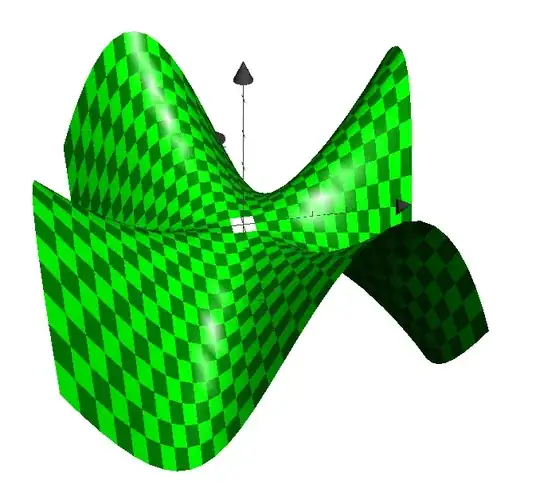I would like to know if when we take a second partial derivative of a function do we always get:
$$\frac{\partial^2{u}}{\partial{x} \, \partial{y}} = \frac{\partial{^2u}}{\partial{y} \, \partial x}$$
if not, what does it mean about the function if the condition happens or not?
